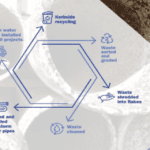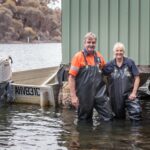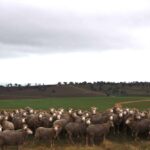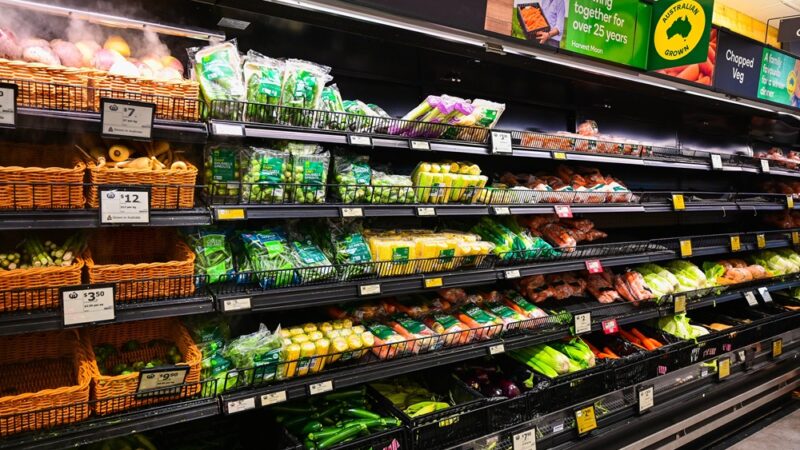The renewable energy hub project by Innovating Energy is possible due to grant assistance under…
2015 FOTY: make hay while the sun shines
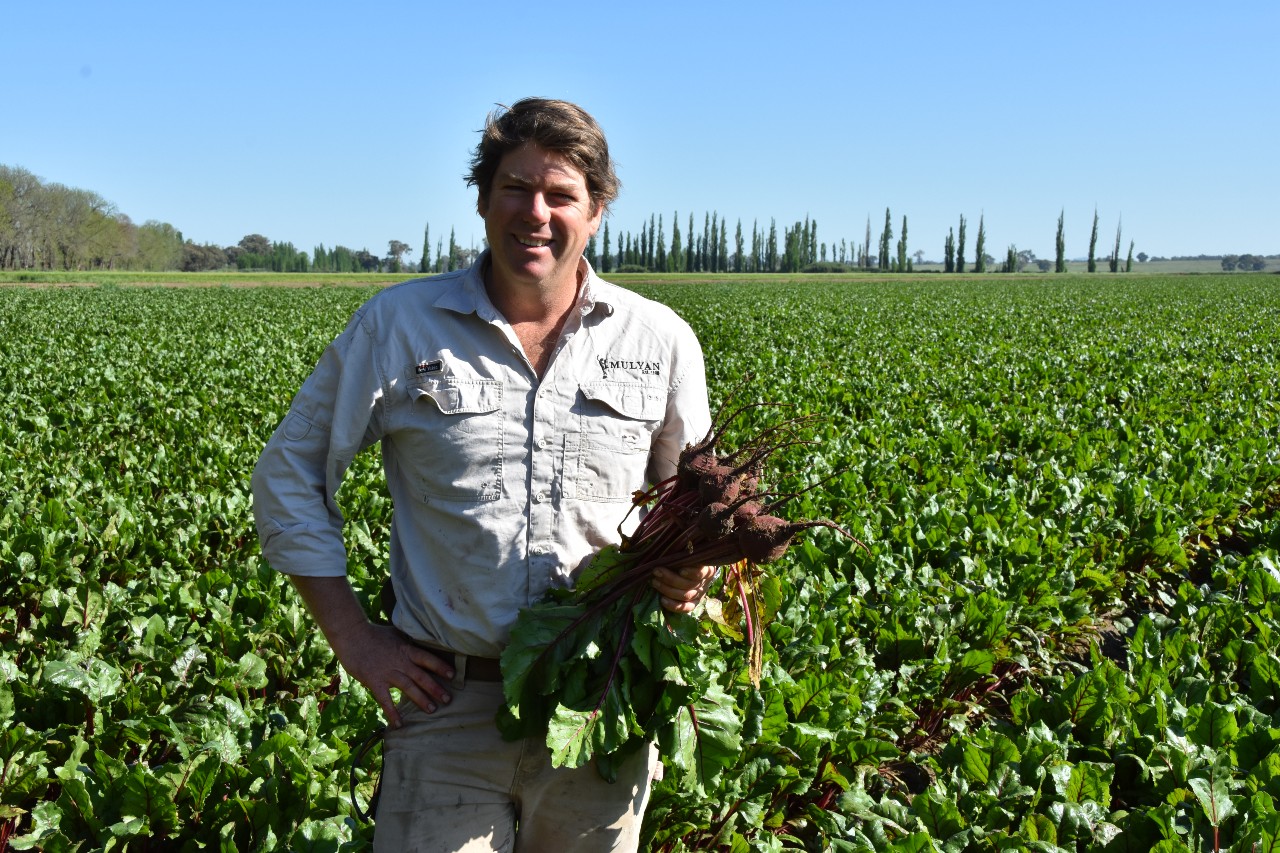
The Fagan family were the 2015 FOTY winners, and since then, they have continued to have their fingers in a lot of pies at their 1600-hectare property called Mulyan Farm on the Lachlan River in Cowra.
The family farm produces wheat, canola, oats and popcorn, as well as horticulture crops including beetroot, asparagus, onions, baby spinach, while also trading cattle and producing lamb.
The farm has a plethora of specialty crops so that their produce is clearly differentiated in an often saturated market. So with red onions for instance, the Fagans produce a specific line of red onions that no one else has, and they’ve partnered with other companies in different areas of the country in order to maintain their solid share of the market.
“From 2010 to 2015 were good years,” says Ed Fagan. But he says that from 2016 until now, agriculturally things have been very different.
“We’ve had flood, drought and outside factors that affect our business model. In 2017, 2018 and 2019 we had drought, then came COVID-19, then the trade spat with China. Every year has been very different and so it’s been hard to plan,” he says.
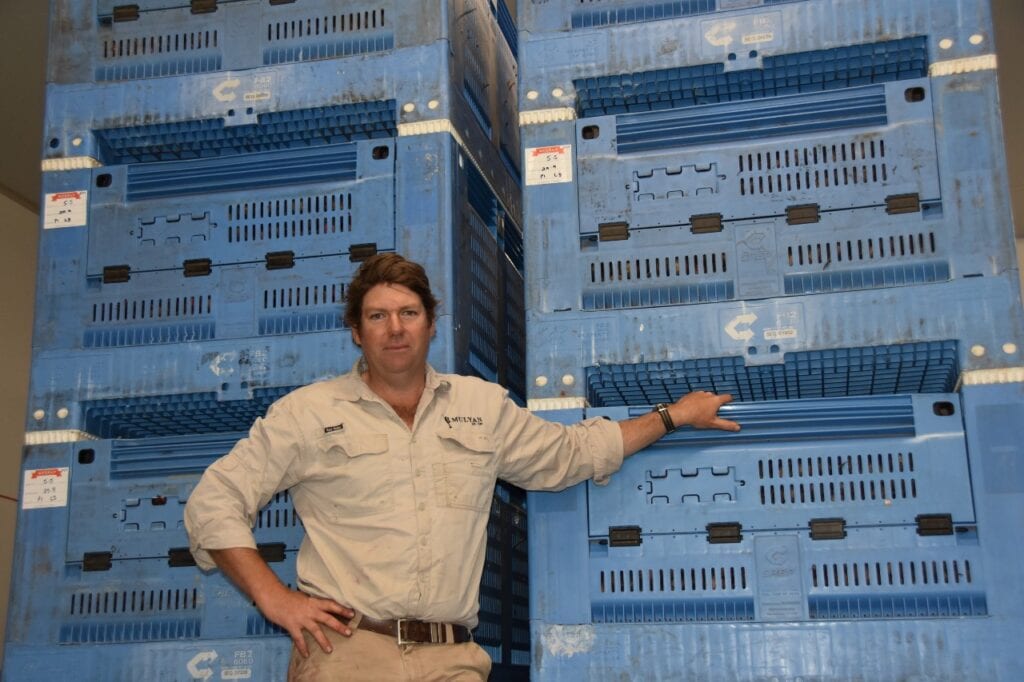
A paddock of Planet barley served the business well during the drought years as they made hay. “We made the best cereal hay we’ve ever made from Planet, everyone we sold it to said it was the best hay of the season,” Ed says.
A lot of the barley ended up at sheep feedlots locally.
Other specialties of theirs have also been affected. Asparagus for instance, needs to be cut every day, and on Mulyan Farm there are 30,000 crowns to the hectare, each producing at least one spear daily spread over 30 hectares. That’s a big job when it comes to cutting, and has been made even more challenging with the usual casual workforce of backpackers not available due to COVID-19 travel restrictions. There would generally be as many as 30 cutters in the field.
In 2020 the crop was not harvested and has been left to fern. It’s not all bad news though, as Ed explains that the crown will come back stronger this year, and if cared for well, will do so for decades.
Beetroot is another sector that has kept the Fagan’s farm wheels turning. It’s straight out of the paddock and onto the grading table for production. It’s also steam blanched at the shed, sliced, diced, brined – whatever the customer wants. The beets are processed every couple of days and they are the mainstay of the farming operation at the moment.
Ed is constantly adjusting his business model to work in tune with the many moving parts of the business and the physical environment, and it’s one of the many reasons why this Farmer of the Year continues to do so well in tough conditions.
If you enjoyed our story on the Fagan family, you might like our feature on the 2013 FOTY winner, Godfrey Dol.


